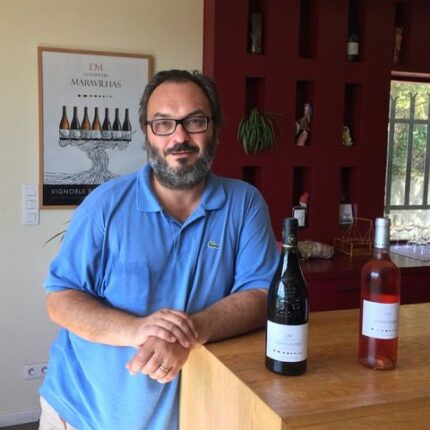
Career stories

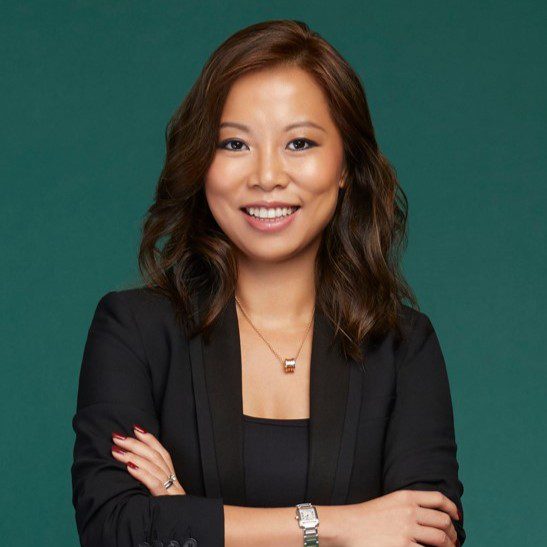
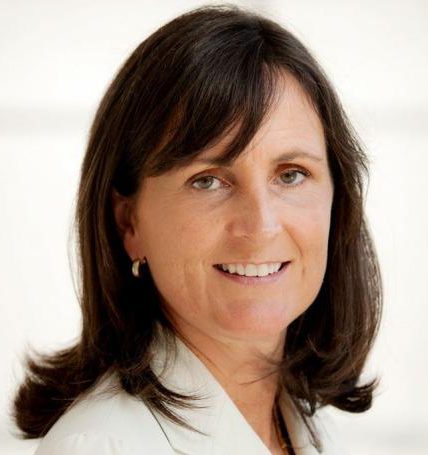
Having done “incredibly well” in the private equity field, and reached a “plateau that was less interesting and exciting than the climb up”, Diana found herself CEO of a very prominent firm before 40. She felt that the second half of her working life should be a kind of “setting to rights” to make up for all her success in the first half. To this end, Diana went back to school (Oxford) for a year, hoping to figure out her new destiny, and strongly believing she could not fit into the nonprofit world. But when a friend asked if he could introduce her to the head of the Clinton Foundation, she was intrigued, given the stature of the man. Within twenty minutes, she was hooked on the fact that this was a world of mostly private sector people, solving global problems with a market-driven outlook.
Read more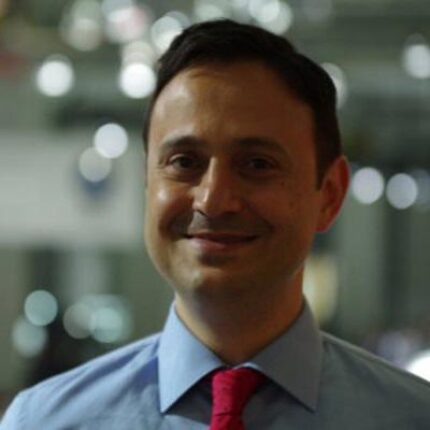
Can started his professional life in a prominent holding company in his native Turkey, as a promising young graduate trainee. He moved in and out of various specialist sales and marketing roles and built a privileged link with BMW in Germany. Becoming known for his very specific expertise, Can was relied on as a valuable asset in the company. There was one significant drawback to this situation: Can became impossible to promote or develop, as nobody wanted to lose access to their expert. After a few years, Can realized he wanted to progress beyond what he could achieve at the company, and he left with his family to seek new opportunities in Canada. On exit, Can was careful to be clear in his dialogue, stating his frustration, but keeping things friendly and warm.
Read more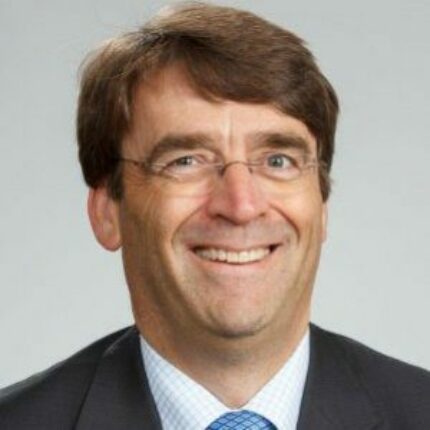
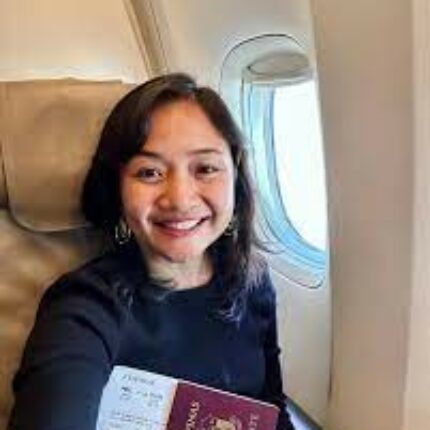
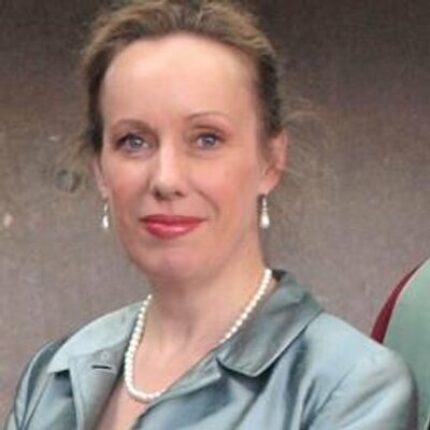
Caroline’s unconventional journey from a corporate career took an unexpected turn when a dark rumor forced her to leave a prestigious position. Amid personal challenges, she stumbled upon an opportunity to create a whisky distillery on Scotland’s Shetland Isle. Facing marital strife, financial struggles, and a hostile takeover, Caroline emerged resilient. Since selling her pioneering distillery, she’s embarked on diverse ventures, showcasing her entrepreneurial spirit, from turning around companies to launching social enterprises, proving that reinvention is her constant companion. Read more
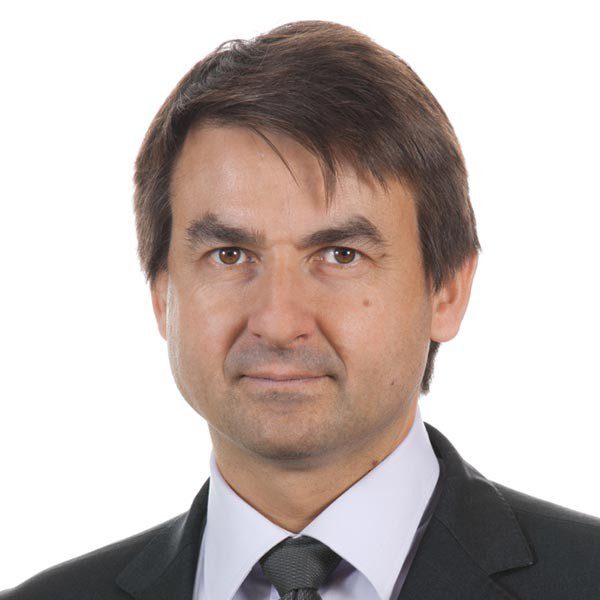
Olivier, an engineering graduate was seeking a career in industry, and joined the French global telecommunications company, Alcatel-Lucent hoping to be offered an expatriate post. A year later he found himself working in the U.S. While the work was fascinating, and he liked the culture, after seven years he felt the “itch” to move on, and left the giant for a small internet-based start-up. Two years on, the company failed, and although Olivier had a Green Card, he chose to return to France where he joined the French public finance institution, “Caisse des Dépôts”. The work was enjoyable enough but after six years he realized he preferred industry and application over theory and advice, so when offered the chance to return to Alcatel he had no hesitation in accepting.
Read more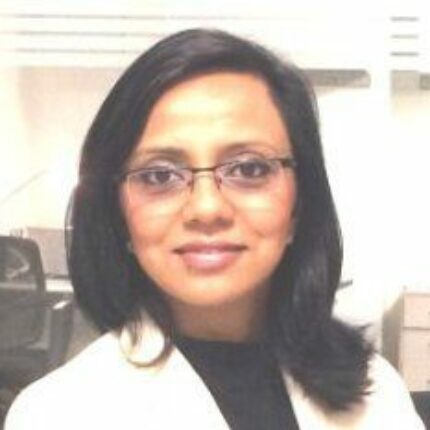
Priya’s five-year military stint kicked off with a posting to Leh, a remote station in the Himalayas. At age 21, she was not only the youngest person there by nearly 25 years but also the only female. She earned the respect of her colleagues by proving she could match them physically, while providing a mix of feminine empathy and supportiveness, to weave relationships of trust and confidence. Her time in the mountains continues to inform her experience in the business world. In fact, she says HR in the hospitality sector shares several key characteristics with her army life: grass-roots activities, largely untrained staff, and hectic unpredictability. The strongest wisdom Priya has covers her whole career: “It all boils down to how you treat people. You mentor others, so that you are free to develop yourself. Success breeds success.”
Read more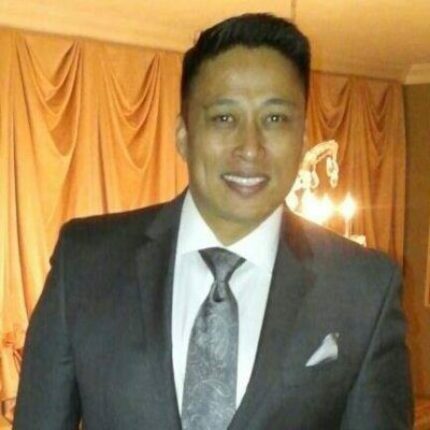
Ferdinand is of Filipino ethnicity but was actually born and raised in the US, his parents having immigrated during the 1950’s. They refused to teach him Tagalog, due to fears of racism and discrimination. As he advanced into more senior roles in training and offshoring within large corporations, he became known as the “Philippines expert”, as his familiarity with the culture was high–but he is nevertheless, despite appearances, a foreigner. He has now been in the country for several years, building an ambitious company, Doctourz, which aims to offer greater choice in medical services.
Read more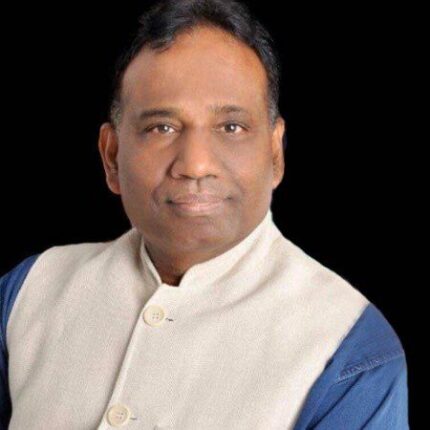

Christina, a 22-year veteran of the Boston Consulting Group (BCG) underwent a huge shift in career when she joined one of the largest family-owned companies in Europe. As a partner, with many high-powered clients, and some fascinating internal roles, Christina never expected to leave consulting, though she had occasionally considered the option. She enjoyed the intellectual stimulation, rarefied atmosphere and the interaction with significant leaders across industries and cultures. After a chance encounter with the chairman of this company, she was offered a C-level position and took the lead of the automobile unit of the company, about which she knew little.
Read more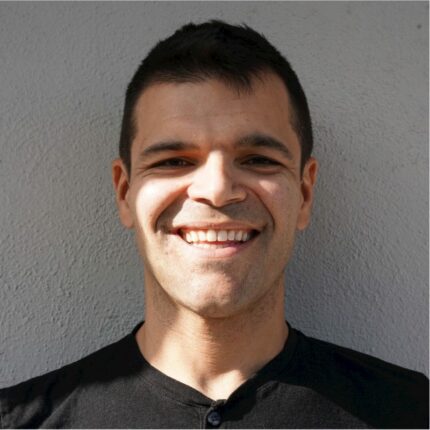
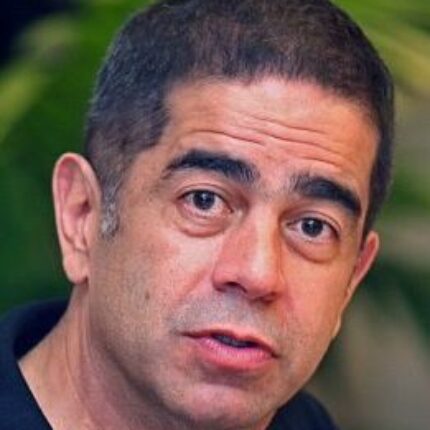
Five years ago, Dondi – whose background in traditional business in the Philippines – decided “it was time to tackle the causes of poverty, as opposed to band-aid solutions”. He abhors corruption and poor governance, which contribute directly to the poverty of the Philippines. The decision to weigh in was not at all difficult, although he knew that he would be putting himself at odds with politicians and “pseudo-leaders”. It took about a year to settle into his new “calling” but almost five years to learn to “engage for change” rather than to “just battle away”.
Read more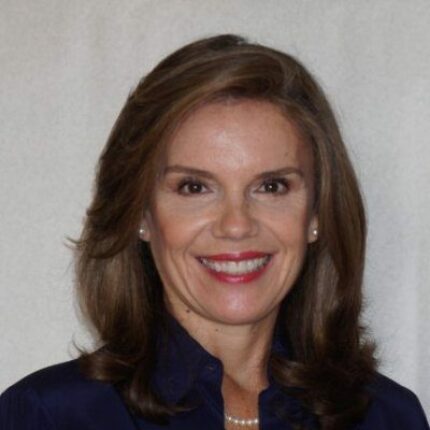
Gayle started her career in IT sales. Her mother was a lifetime IBM-er, and Gayle grew up intending to avoid the same fate. However, after studying mathematics and computer science at UCSB in California, she accepted a job with HP. She moved her way up rapidly, becoming a manager at 25, and joining the pioneering consulting arm of the company shortly thereafter. Global responsibilities came along, and she was extremely happy with her progress. Eventually, rapid changes at HP left her gradually more frustrated by the resulting culture. So when Gayle was offered a “phased” retirement at the age of 56, she accepted the offer. In her mind, however, her career was most definitely not over.
Read more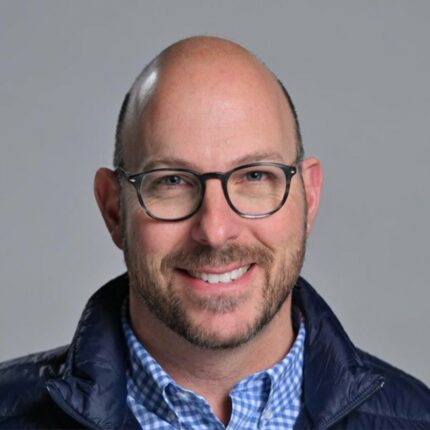
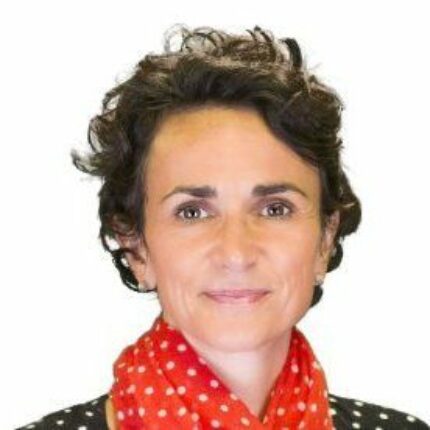
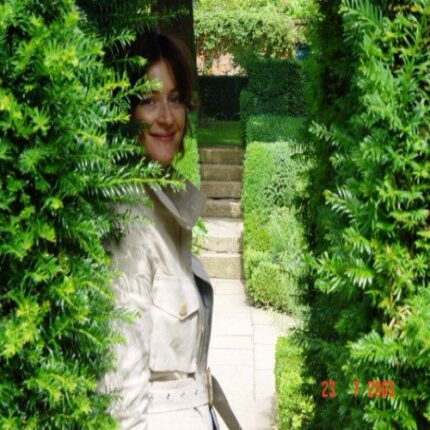
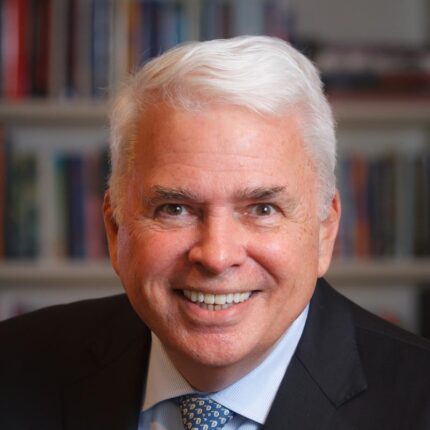
Greg certainly found that the personal relationships and “clan” at a well-known East Coast business school were a constant link, as he wove back and forth, in and out of this great school. His description of his path is quite different to that of some of the others here, as what he mentions most is how there was a lot of serendipity involved in his long career, that “just happens” to include multiple moves in and out of the school. As a young MBA in 1975, Greg’s first job was on the MBA Admissions Committee for his university. He had chosen this role not least because he just could not see himself taking a more traditional MBA route like consulting at McKinsey or trading options on Wall Street.
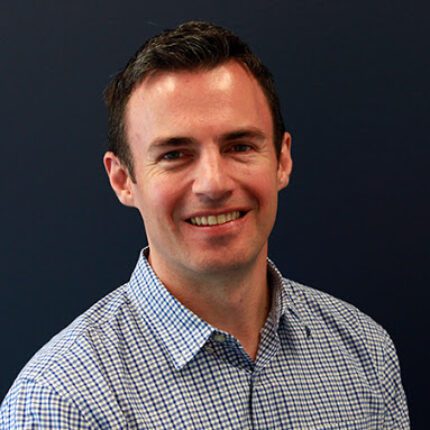
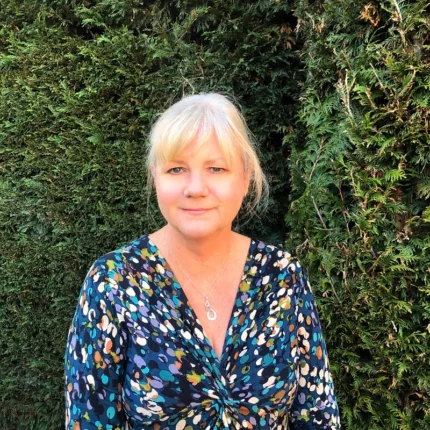
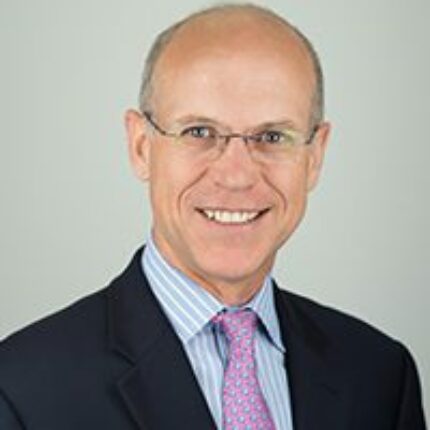
Tom received his education in institutions known for being the best, building his academic capacities before deciding to join the British Army. Having been in the military cadet corps at school, and undertaken obligations while at Cambridge University, Tom decided to follow his instincts on graduation, and not allow himself to be distracted by a corporate career for which he was not yet ready. He did not like the idea of “spending his twenties behind a desk”, and sought the military alternative, a more outdoors life, as well as adventure and a chance to travel. He got this, and more.
Read more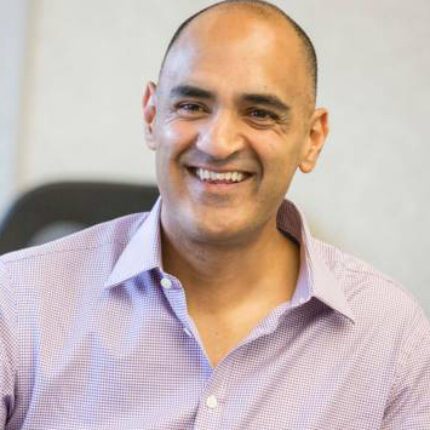

The transitions Jenna has made in and out of the law profession are impressive, and her story is possibly more one of a missed calling elsewhere, combined with exceptionally tough non-controllable events. A brilliant scholar at Cambridge, Jenna graduated in Natural Sciences. She possessed a passion for numbers and analysis, but she ended up prepared for a career in law. After training, she worked in structured finance in an investment bank and did extremely well, being lucky to be in the boom of the early ‘90s. But when her first daughter was born, she had just changed companies, and had no rights accrued to maternity leave or a proper return. This started a pattern of what might be called “odds stacked against her”.
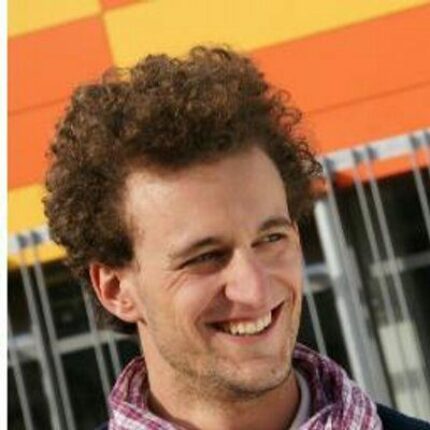
Gabriel’s father pushed him to take Chinese lessons when he started engineering school. He obeyed, somewhat unenthusiastically, but nevertheless, this opened his eyes to other opportunities. When a friend of a friend mentioned an internship in a Peugeot Citroën joint venture in China, he sent his CV, realizing that his study of Chinese, while not a job requirement, just might convince the potential employer. At this point, he had no specific agenda, but was attracted by doing “something different”. Gabriel’s transition to working life in Wuhan was bumpy. He found it deeply depressing not to be able to communicate in a language he thought he’d mastered. He found himself working out of a dark, unheated basement, with little support.
Read more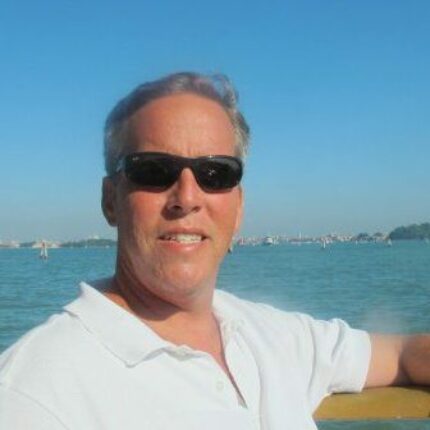
Steve looks very much like the classic case of an encore actor. He had spent his entire career in the advertising industry, mostly in New York, where he eventually led media departments. He lapped up the glamour, the rush and the pressure of his industry. However, when he and his wife decided to seek out a calmer place in which to raise a family, he took a role as account director in a large Chicago firm. Three firms and hectic roles later, when their twins were born, Steve decided to go part-time in order to help out on the home front. He was, as he admits, starting to feel burnout anyway. It was clear to him that spending more time with family was a greater priority than selling more advertising.
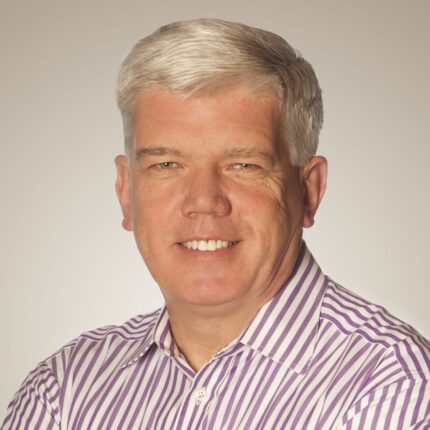
Jonathan stumbled into the medical field from a young age through brilliant scientific academic performance in high school along with social pressure.This is how he found himself studying medicine to Cambridge and “hating it”. Curiously, once he began the phase of his training in which he spent time on wards dealing with people, leading teams as well as counseling with patients, he realized he enjoyed this part. This motivated him to work hard and to aspire to what is perceived to be one of the most challenging aspect of medicine: surgery. Early on, he realized that he would never be a “great” surgeon, and did not want to settle for being only average. What is more, he observed that he had never met a happy senior surgeon, and chose not to pursue this path for much longer.
Read more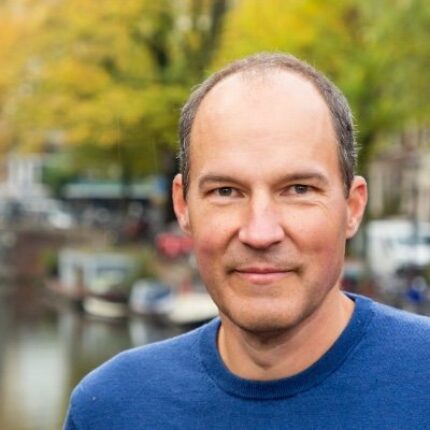
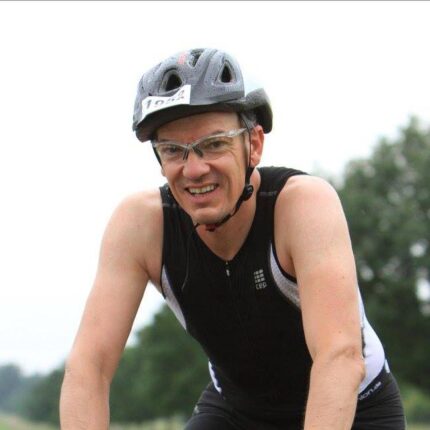
David joined Coca-Cola in the hope of working overseas. After an initial period in France, he was thrilled to be sent to the U.S.A., where he worked as an expert on an SAP project. Despite voicing his preference for operational roles, he was not granted the opportunity so, not surprisingly, when a headhunter called on him about the position of HR Director for Starbucks, which was setting up in France, he seized the opportunity. It was not an easy choice as David was close to all his Coca-Cola colleagues, and he still describes the day he told his boss that he would be leaving as “the most difficult moment in all my professional life”.
Read more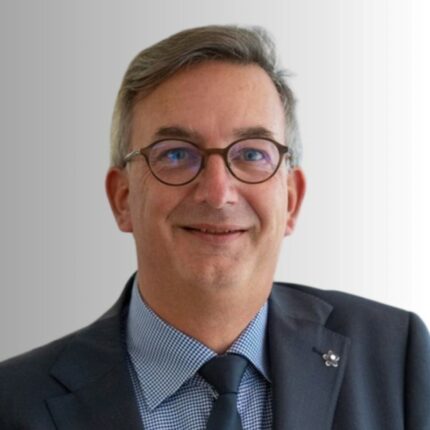
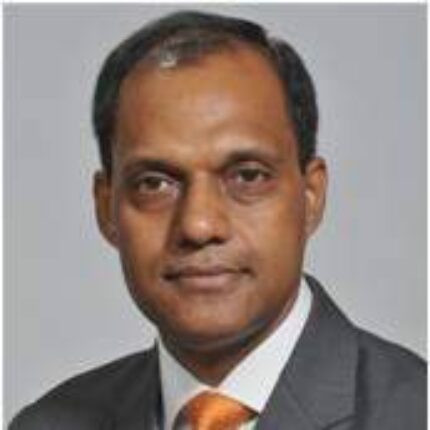
As one of three brothers in an Indian “army family”, Devendra, now CEO of a French multinational, was destined to go into the military. After graduating from the military academy with top honors, he began a thriving career encompassing both combat roles and UN peacekeeping missions in Africa. In 2004, as a young colonel, Devendra was asked to raise a new unit, which he now compares to a start-up business with venture capital funding. Unlike most of his colleagues, who aimed to spend their entire careers in the army, Devendra started to crave a new challenge once he had served the obligatory 20 years. For him, the critical question was “When was the last time you did something for the first time?” When he realized it had been so long that memory failed him, he decided to reinvent himself as a business leader.
Read more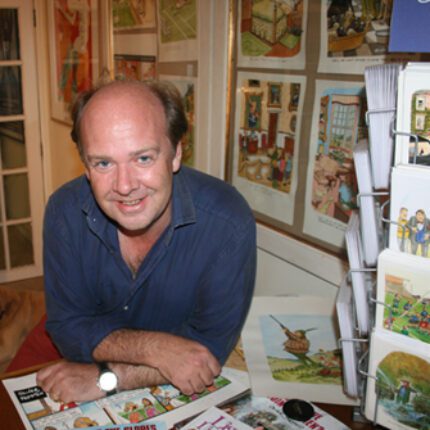
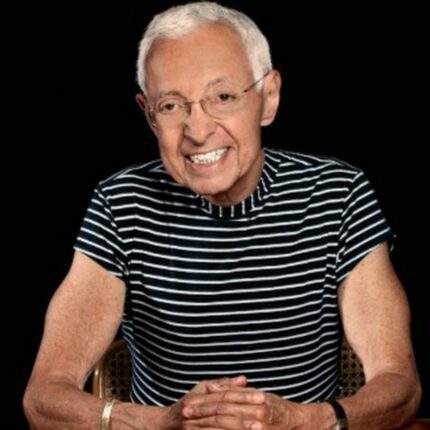
Richard was diagnosed with type 1 diabetes at the age of 12 in 1946. He readily says “I do not know of many diabetics who developed the illness around that time who are still alive”. The story of how he has beaten those odds is a modern-day battle of David and Goliath, but it has brought better health to many thousands of those enlightened enough to follow his methods. During his childhood, Richard used the techniques of the time, including sterilizing his needles and syringes by boiling them and sharpening the needles on abrasive stone. Every night his parents would go to sleep, nervous that he would not wake up in morning, due to one of the crashing low blood sugar that he regularly suffered from, given the inaccuracy of insulin dosing at that time. By the time he was 25, and working as an engineer, Richard was already suffering many of the side-effects such as frozen shoulders, deformed feet, and kidney disease. While his doctor told him that this was normal, he could see clearly that if he continued on this path he would not live to see his young children grow up.
Read more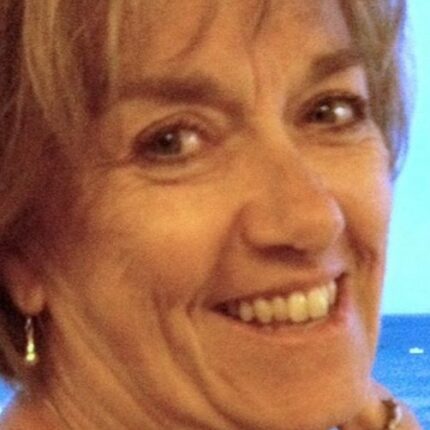
Barbara has recently undertaken what she calls her “fourth transition”, confidently having become an expert over the years in reflecting on what changes of context are appropriate for her at any given moment. Having dropped out of university with literally no idea of what she wanted to do, she entered the advertising industry via the secretarial route, and fought hard to climb up. She worked for a few years in a variety of independent agencies, progressing in a series of account management roles, and then decided to pursue an MBA. During a lecture on intangible assets, she had an “Aha!” moment, concluding that the next big business issue would be people, so she signed up for the HR route.
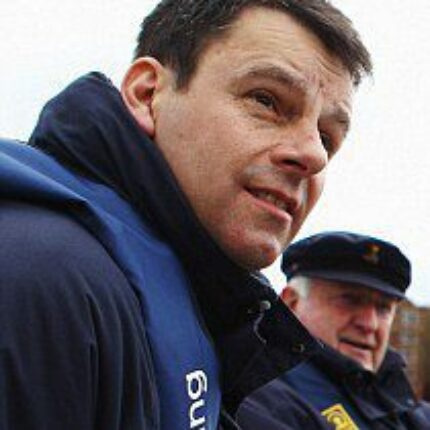
By the time John went to Cambridge University, he was already a national champion rower at schoolboy level, and had experienced different racing conditions all over Europe. By his second year at Cambridge, he was a member of the British team. His rise was swift and he says it was this momentum which helped him grasp at every new opportunity. John went on to combine a career, first in the city for a merchant bank and then in the civil service while training full-time for the national squad.
Read more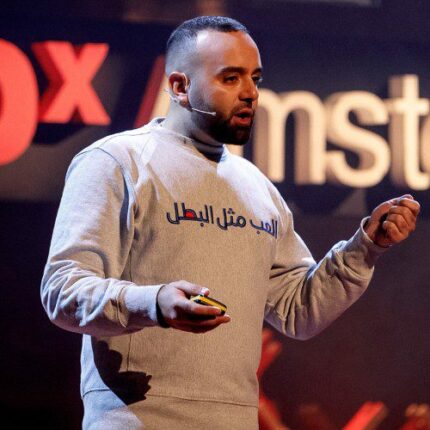
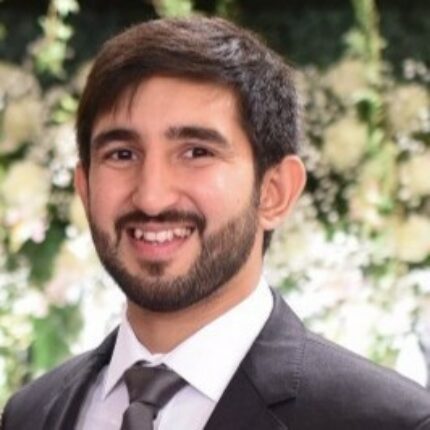
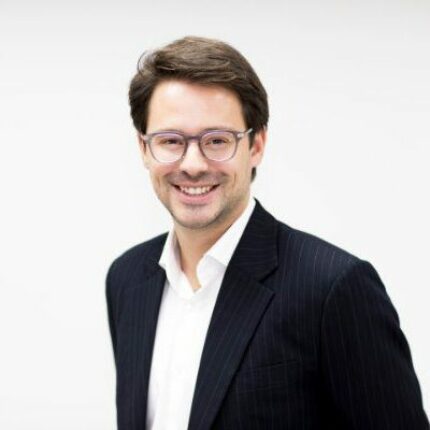
Frenchman Romain has already adapted to more than five cultures and languages in just under 30 years of life. He grew up in a fortunate environment, in which his family perceived travel and exploration as important and had the means to live out these values. He was educated bilingually in the international section of the lycée near his home in Toulouse, and his vacation jobs included managing a resort in Greece for a local travel company. So, it was hardly a surprise that he chose to take a semester during his business studies in Paris, to experience campus life in China. He aimed to have a career in Asia, at whatever cost.
Read more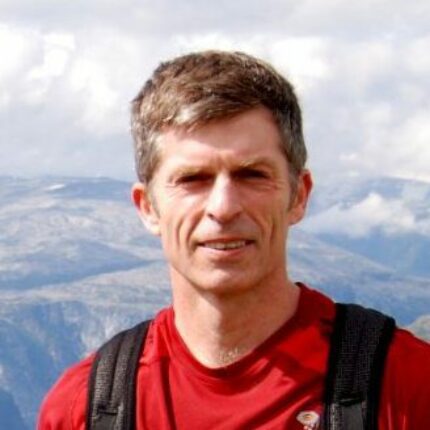
Eric, an Olympic equestrian from the U.S. Virgin Islands, set himself a clear agenda after leaving school. He identified high targets, specified time frames and focused exclusively on meeting them. His progression was spectacular, and he joined the team for the Pan-American Games in 1987, followed by the 1988 Olympics. However, with a 35th place at the Olympics, it was strikingly clear that he had not reached the threshold he had hoped for. At this point, he says, he recognized he was “good but not extraordinary” and it was time to act on his agenda and leave his sporting career behind him.
Read more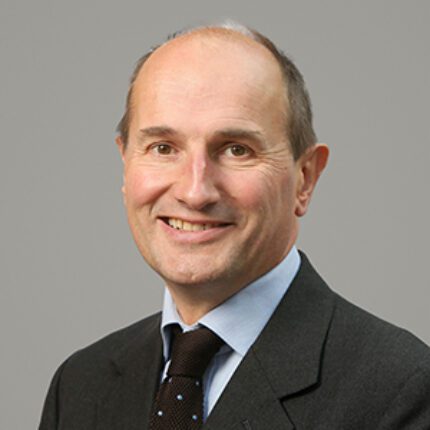
Born into a farming family, William, initially in law, ventured into investment banking before an INSEAD MBA reshaped his trajectory. Joining Covent Garden Soup Company, he rose from consultant to CEO, turning chaos into profit. After selling the company, William revitalized Green & Black’s chocolate, a Fair Trade success. Now investing in businesses with a focus on provenance, he urges aspiring entrepreneurs to act boldly when stakes are high, providing a unique competitive advantage. Read more
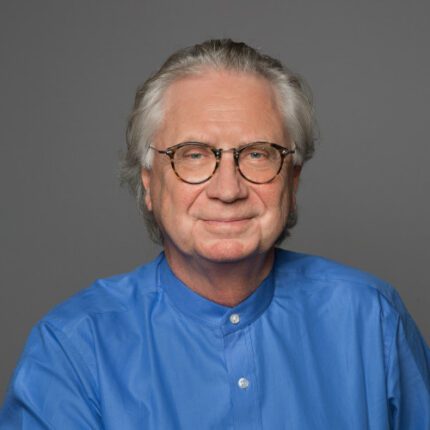
Thomas was a junior consultant at McKinsey, aged 30, having already operated as sales director, finance director and even member of the executive committee, in a French steel company for Northern Europe. This was a time when McKinsey was moving towards more work in implementation of strategy, and so Thomas was of great interest to them, having a strategic brain and a top MBA, as well as deep experience of a significant industry. As clients got to know of his existence, they started demanding to work with him, as he was the one who had real experience, as opposed to most of the other career consultants. He found it intellectually stimulating but he realized that it is easy to tell such leaders what to do, but far harder to make it happen. He was missing the implementation!
Read more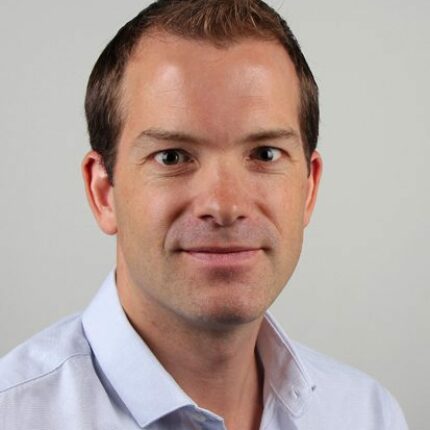
Nick, a former cost-cutting and re-organisation expert in the strategy consulting field, experienced an innovative approach to remuneration while he was working as a “partner” of Save the Children. The Boston Consulting Group worked with Save the Children to send consultants on missions across the world, with a dual contribution to a reasonable (but reduced) salary. This meant that there were few if any barriers to a consultant going off on this adventure. When Nick joined Cancer Research UK as director of strategy, he soon discovered that he had hundreds of different stakeholders to get to know and to “take with him on a journey”. He notes the challenge of bringing people on board in the consensus-driven culture that prevails at nonprofits.
Read more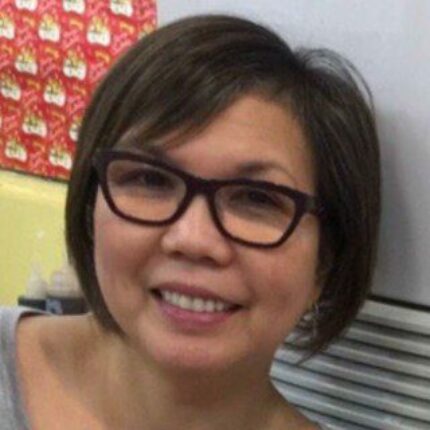
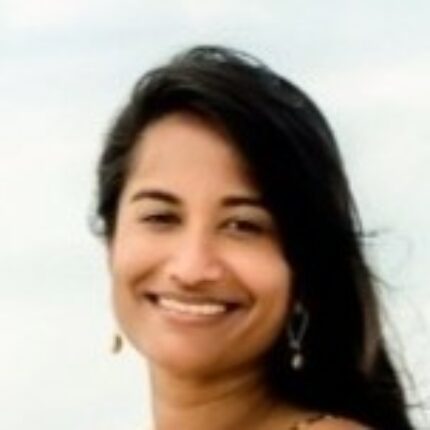
Kavitha was a four times Canadian junior tennis champion before “going pro”. After completing an MBA at INSEAD she went to work for Coca-Cola where the discipline, equanimity and global adaptability developed during her years on the tennis circuit, were put to good use. One potential liability she noted, however, was the difficulty some sports stars have in modifying their competitive nature. Fostering a team environment that is conducive to success is not necessarily compatible with an athlete’s desire to win at all costs.
Read more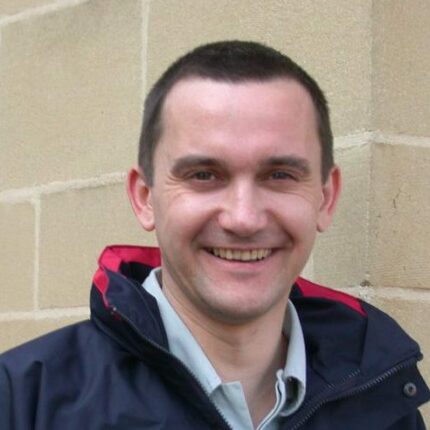
Chris, the chief executive of Whale and Dolphin Conservation praises the power of the “trisector” area. Formerly of the Royal Air Force and Grey Advertising, he advocates for more ventures across sectors, leveraging skills to create opportunities for all. He believes those who can collaborate across the private, public and social sectors will increasingly be valued.
Read more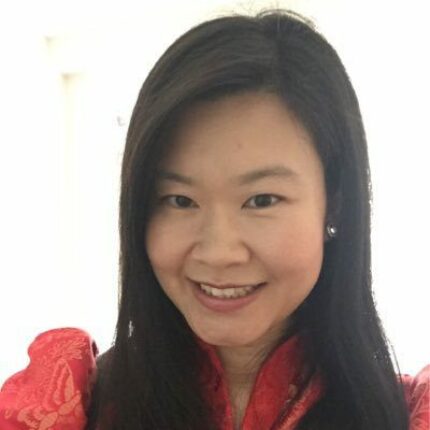
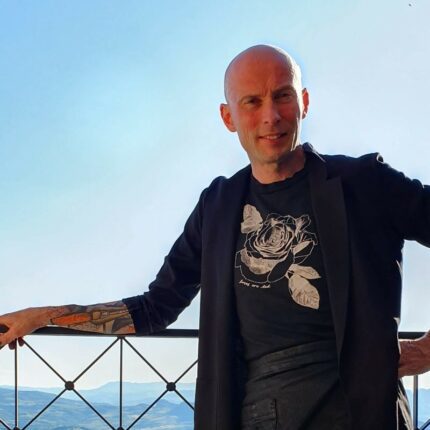
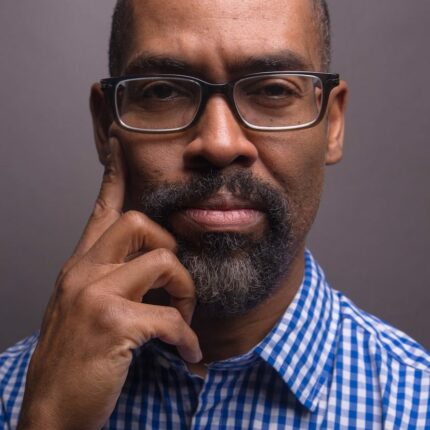

After an early start in practice as an MD, and a move from Florida to the North East, Louise decided to take on a clinical role in research and development at a large pharmaceutical company, with people and a culture she loved. After a subsequent merger, the research pipeline diminished in her area of expertise. As she wanted to continue to work in this particular area, she left, on excellent terms, having been courted by a biotech startup working on an exciting and more relevant development. A series of very happy biotech roles followed, over several years, though she remained in touch with her colleagues from the old company. During that period, she considered returning a number of times, changing her mind for a variety of reasons. Finally, she was offered something she found too good to resist and returned to the pharmaceutical giant in an operational, rather than clinical, post.
Read more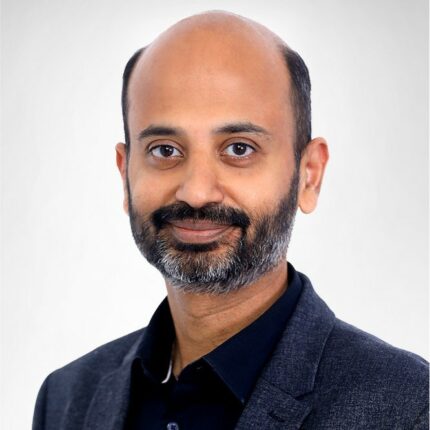
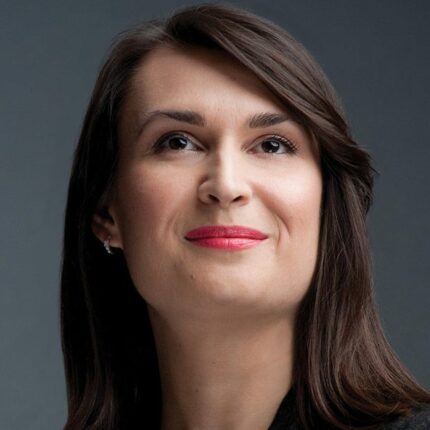
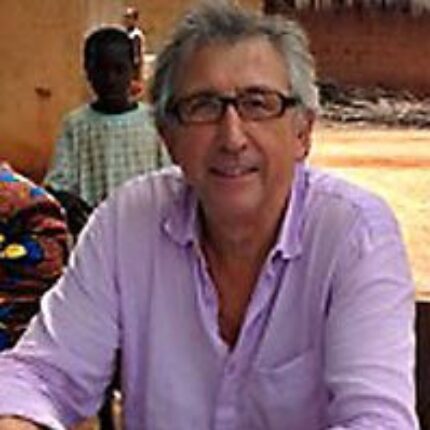
Daniel is a natural networker who spent the entirety of his “first act” career at Kaufman & Broad, a real estate developer. At the age of 58, Daniel decided to move on. The exact timing was influenced by the fact that his company—previously a large, paternalistic family business–had been bought by a venture capital fund. He allotted a couple of years to manage the transition, and to decide exactly what he wanted to do. Fortunately, Daniel’s stock options were worth a small fortune. He’d passed them on to the foundation that he set up. Daniel’s attention was drawn to a project in Togo and Benin, and thus the first money from the Foundation was allocated.
Read more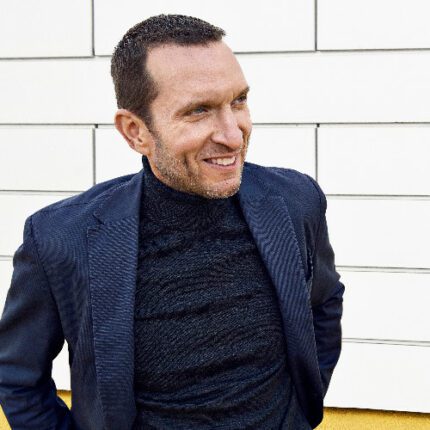
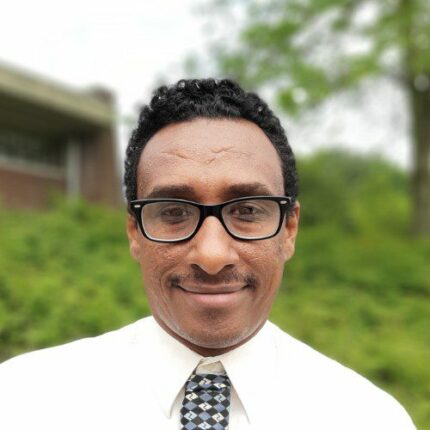
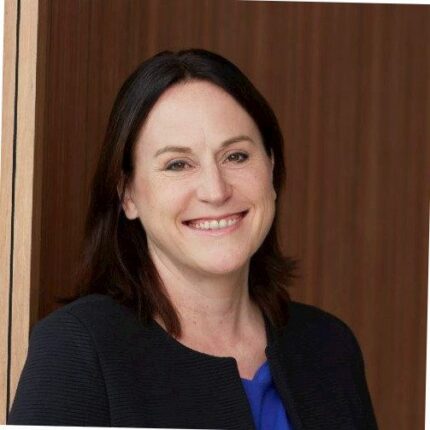
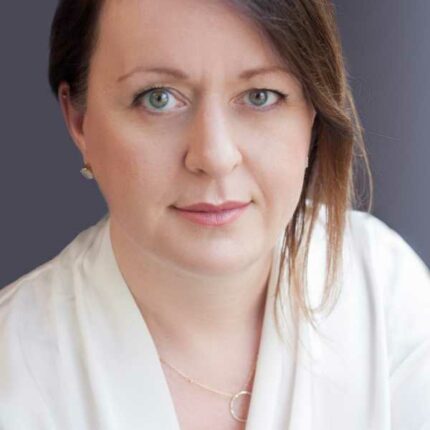
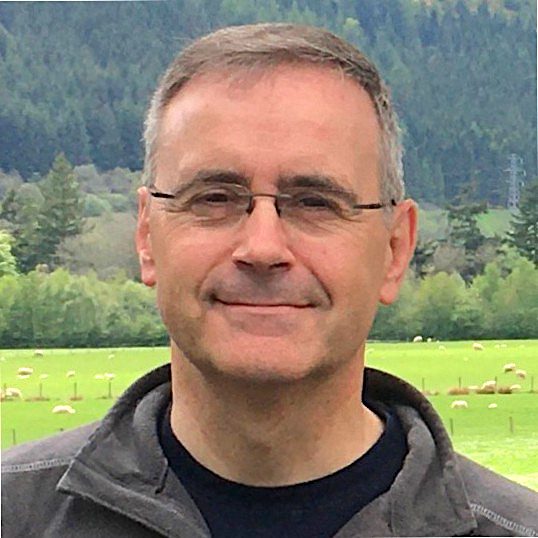
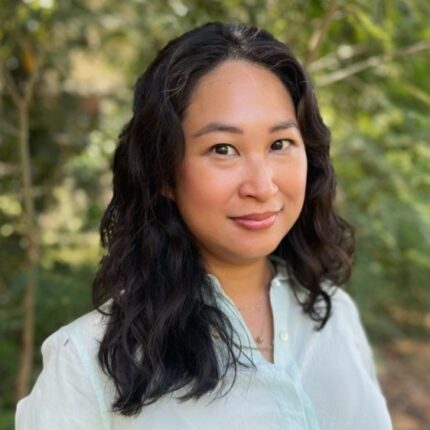
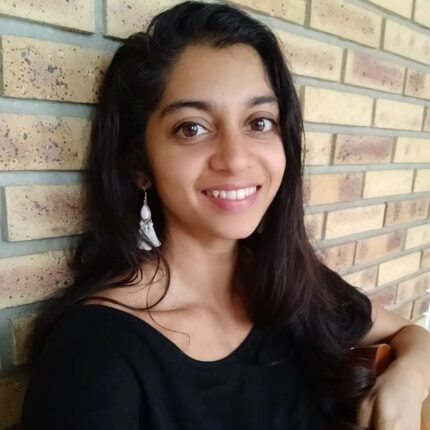
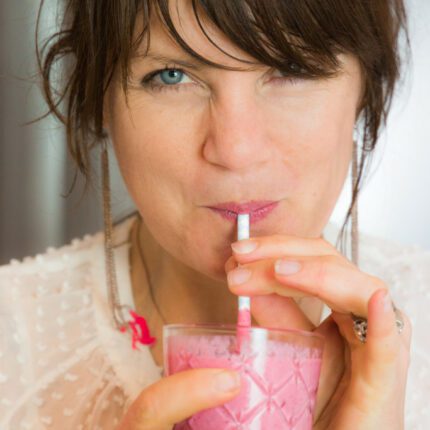
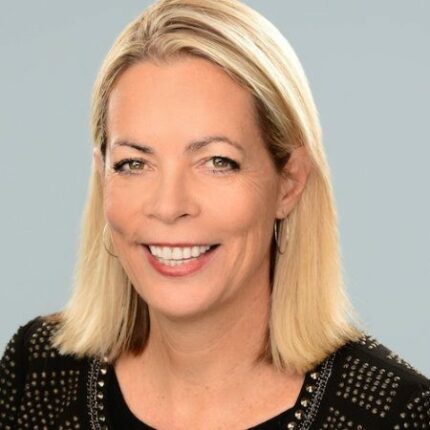
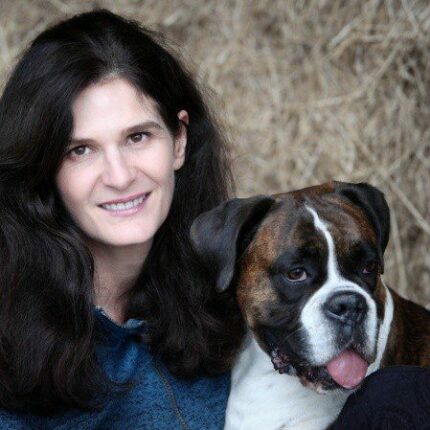
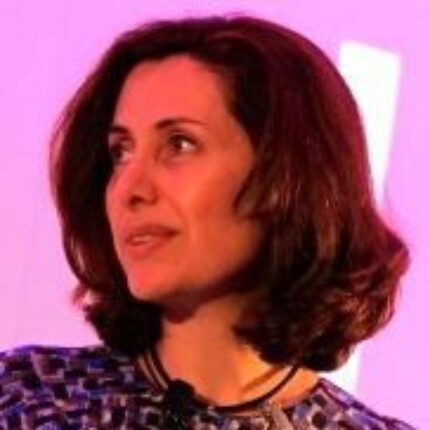
Argyro had no intention of leaving her job as general manager of the Greek subsidiary of a major travel retail company, until she learned she was pregnant with her first child. This came at the same time that her company was being acquired. Her reluctance to be in the post-merger structure, as well as to sacrifice time with her baby led her to part ways amicably with her employer, but she was not planning a long break. However, another pregnancy prolonged the gap. She mulled starting over with a “second career”. This reflection showed her that what she most enjoyed was “creating beautiful teams of talented people and helping them grow”. So, she did a second degree, this time in Strategy and HR Management, while still pregnant for the second time.
Read more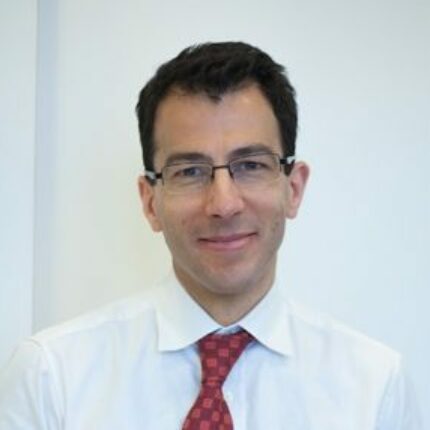
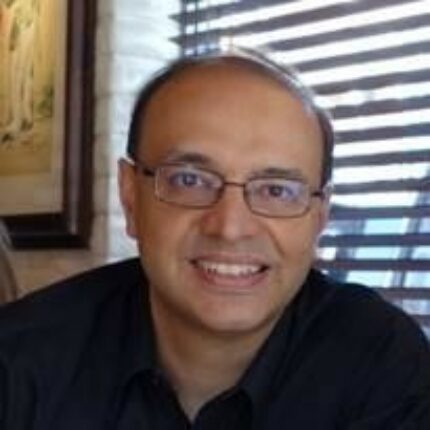

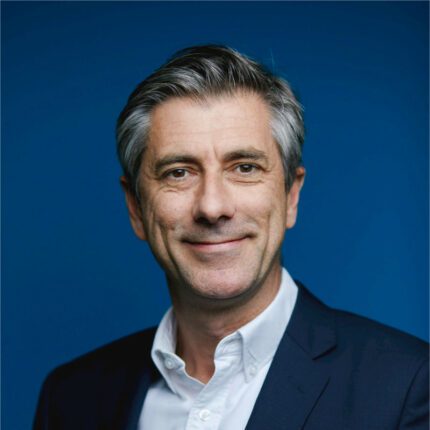
Sébastien‘s path unfolds from a military family in France to a career in investment banking. Disillusioned by office politics, he ventured into the tech world, co-founding a successful venture capital fund. When the partnership soured, he returned to Paris, determined to be a full-fledged entrepreneur. Facing rejection and financial struggles, he founded MeilleursAgents.com, a successful real estate platform. Eventually acquired by Axel Springer, Sébastien’s commitment to a human-centered approach endures as he prepares for his next venture with heart. Read more
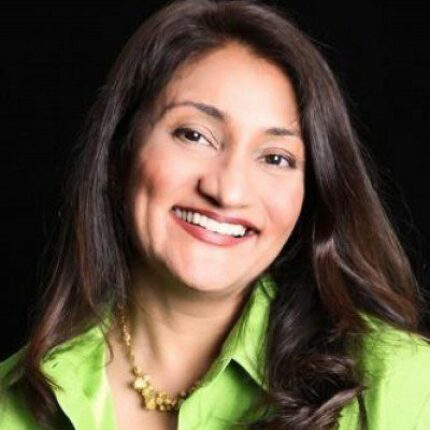
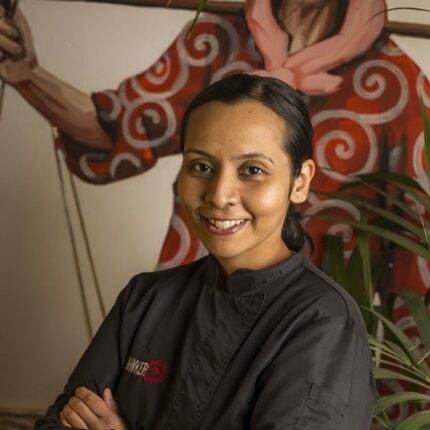
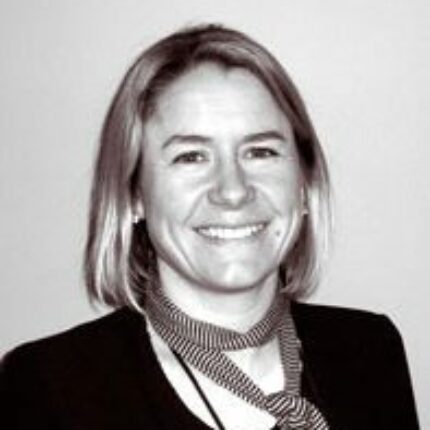
Anabel says she had little experience in not-for-profit work, apart from a short project in Sierra Leone during her degree work in Human Sciences, as well as volunteer work in the U.K. with underprivileged children. She is perhaps too modest, as many of us have done far less than that. When Anabel says that purpose work “was not on her radar,” perhaps she means she did not see it as a legitimate way to make a living. She had spent ten years building a massive capacity as a leader and motivator of teams at world-class companies such as Virgin and Carphone Warehouse, and so had developed a taste for being challenged and stretched in this context.
Read more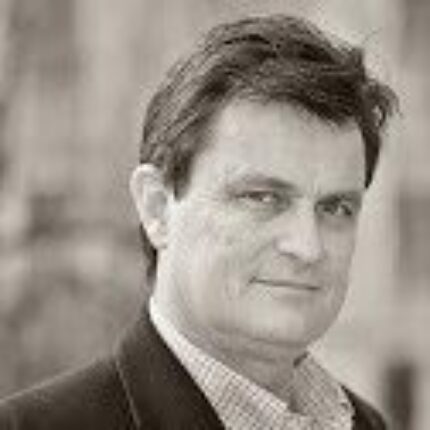
Tim made a choice to value parenting over corporate life, though in a very different way and order than most others. One evening, he came home from a long business trip to Africa, to find a little note on his bed from his nine-year-old daughter, asking that he attend a “meeting” with her ASAP. The next day, she explained, “Daddy, how can I love you if I never see you?” Tim resigned only ten days after this bombshell, fortunately in the knowledge that his wife had been offered an opportunity to take a role in the European headquarters of P&G.
Read more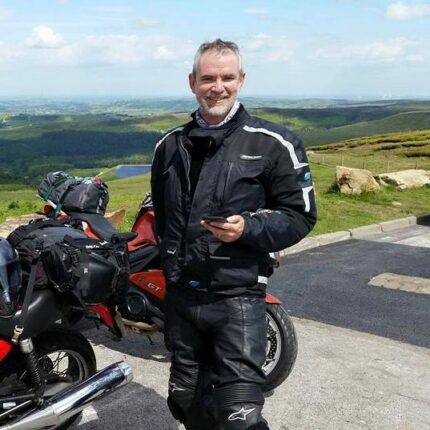
Rupert’s transition out of consulting was an easy one. An Australian, in consulting “for the usual reasons, of variety, experience and interesting colleagues”, he had always wanted to make something for himself. The thrill of creating was attractive to him, and he took the time he spent doing his MBA at INSEAD to reflect on his wish to create capital value. After a few more years of consulting in London, Rupert had become highly aware of the damaging lifestyle involved in his profession, and talks with candor about those colleagues “on their third wives, and traveling endlessly”. With ten years of consulting behind him, he decided to buy some time and money by accepting a role at HSBC, so as to be able to create a company of his own within a few years.
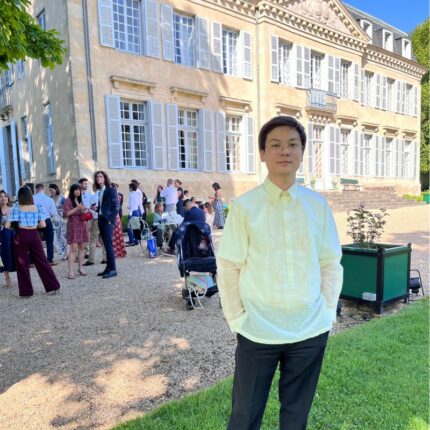
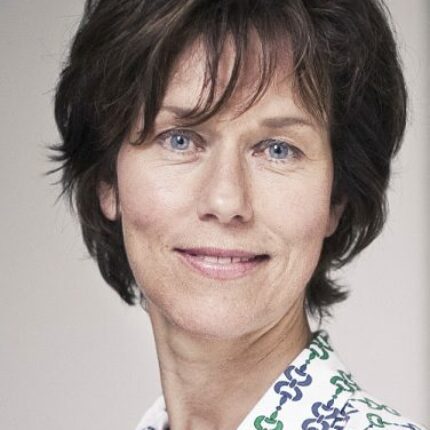
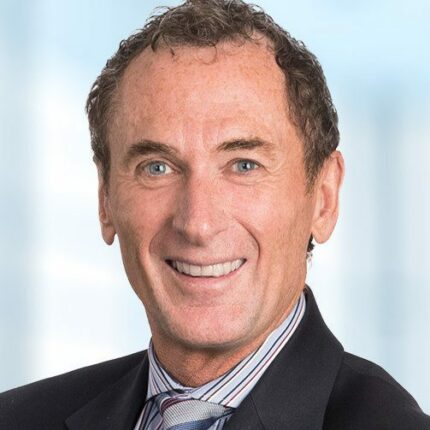
Richard, a 55-year-old C-suite executive, is without any doubt a poster-boy expat, who has not looked back. He grew up in small-town New Zealand, and nothing particularly predisposed him to an international career. His family expectations were that he get a good education and seek out a sound career path. But Richard knew early on that he wanted to explore the wider world. It was perhaps this desire to “get out” that drew him towards French in high school. He proved to be gifted in the language, which would later become critical to his success. At university, Richard studied engineering, in the hope that it would take him “out to where the action is”. During his penultimate year, he landed an internship with oil services company Schlumberger in Borneo, and he was, as he says, “hooked”.
Read more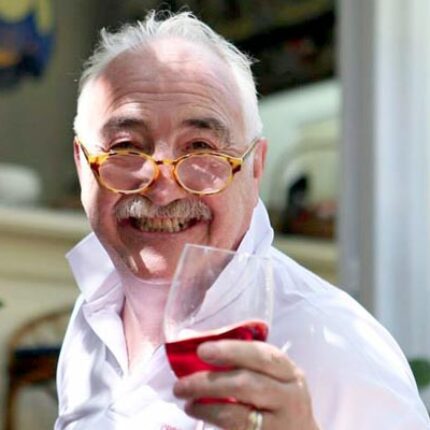
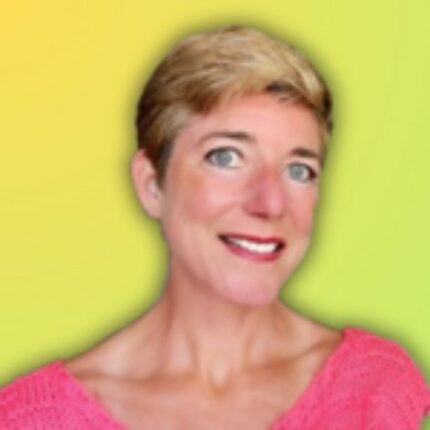
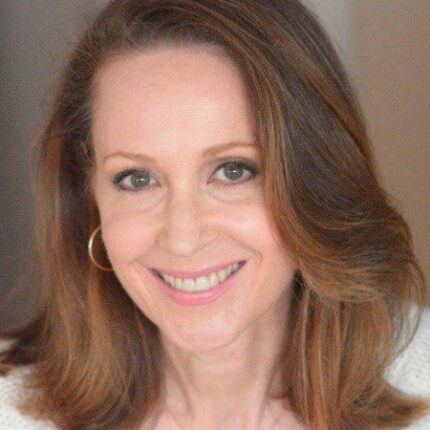
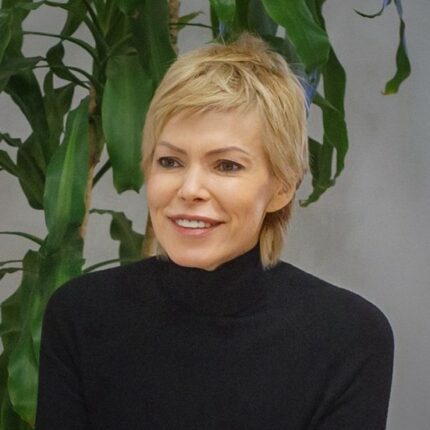
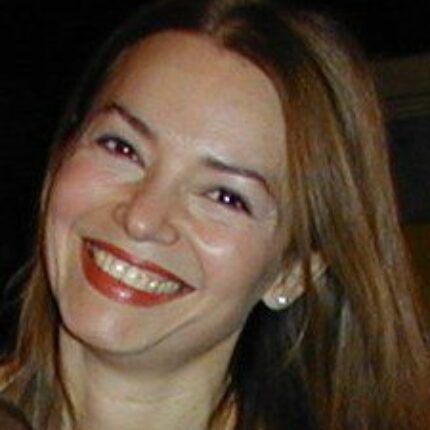
Marta, a native Peruvian who is now the Founder and CEO of Wasi Organics, left her home country for study in Spain after high school. Later, she took increasingly senior marketing roles at major companies across Europe and the USA. Along the way, she completed an MBA at INSEAD, which further broadened her already very global outlook. The trigger for Marta’s return to Peru was an invitation from a headhunter in London to take a CEO position. Intrigued that she was now perceived as a potential CEO, she started to think hard about what she really wanted to do. Swiftly, she concluded that she wanted her own business and to give back in some way to Peru. This was Marta’s twentieth year in Europe and at that point, eight years ago, she returned home.
Read more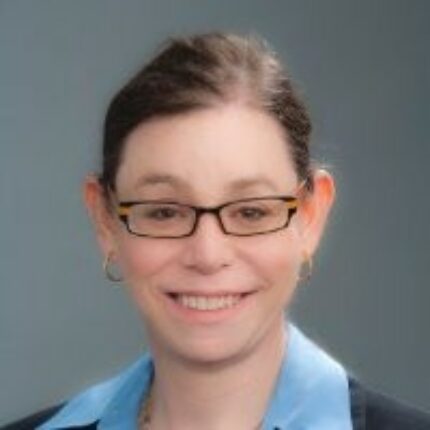
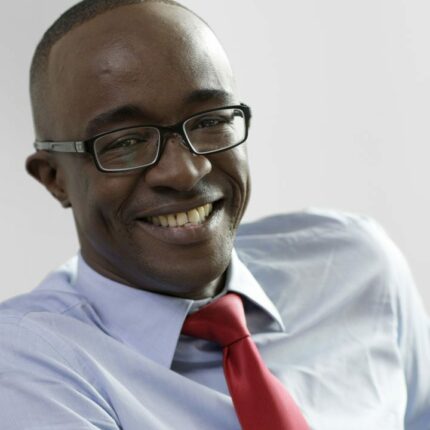
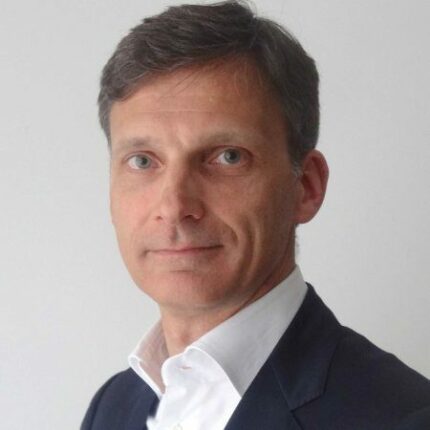
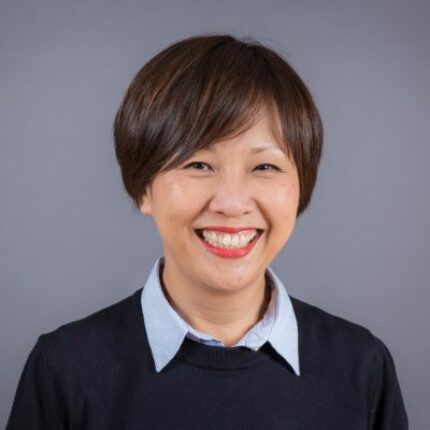
Shortly after 9/11, Mui Gek, a Singaporean national with a successful career in retail leasing, and her French husband decided to move together to his native country. She aimed to use her experience to enter the French luxury goods industry, starting out by studying the language and earning an MBA in a local business school. It was a mammoth task for Mui Gek to find a job in a tough market, as a visibly and audibly very foreign person in a provincial French city.
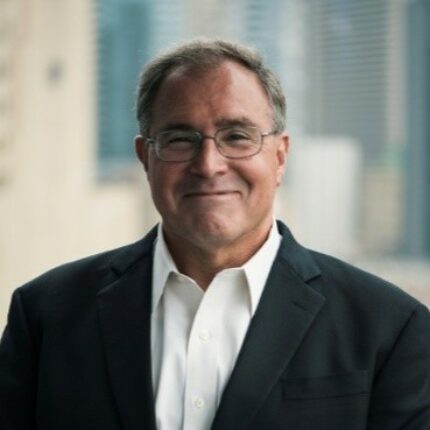
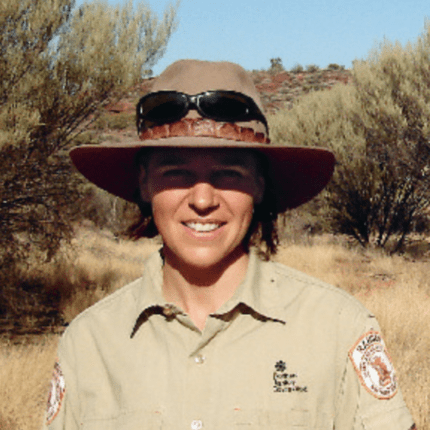

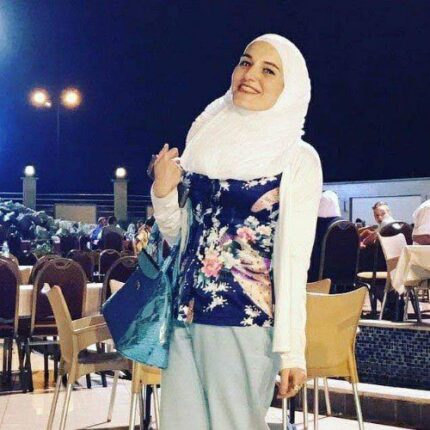
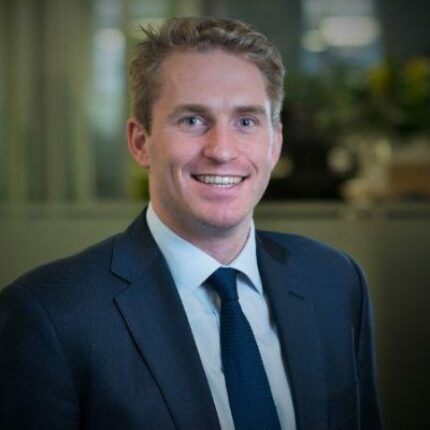
Andrew, from the British ski team, had his first test of resilience at the age of 15 when he broke his back. The recovery period was long and trying for Andrew, who at that stage was competing at extremely high levels. The time out gave him the opportunity to reflect and he returned to the ski fields even more determined to push to ever greater levels. Shortly after this he was given the opportunity to go pro and, as he climbed the rankings, he started to make money from the sponsorships and product endorsements that went with his place on the U.K. team. In the build-up to the 2010 Olympics, Andrew’s qualities as a team player and a natural leader were called upon in a way he would never have expected.
Read more
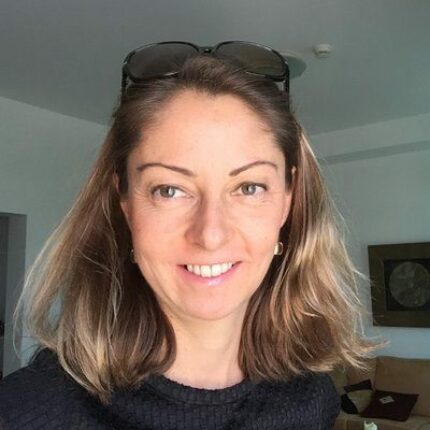
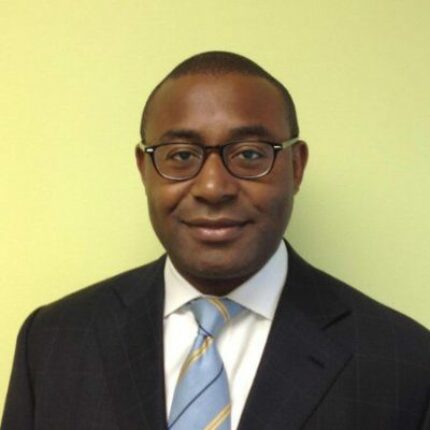
Ike, a serial entrepreneur and seller of highly successful businesses, was born in Nigeria into a diplomatic family. He spent his nomadic childhood building his very first companies – selling popcorn to his friends at movie nights in Zimbabwe, and cold drinks to his neighbors in Nigeria. This childhood prepared him for a lifestyle of frequent travel and entrepreneurship. Ike states repeatedly that he believes he was dealt “an incredibly lucky set of cards in life”, with a Silicon Valley education, an engineering qualification and a taste for business. This was the magic combination for success in a series of start-up companies.
Read more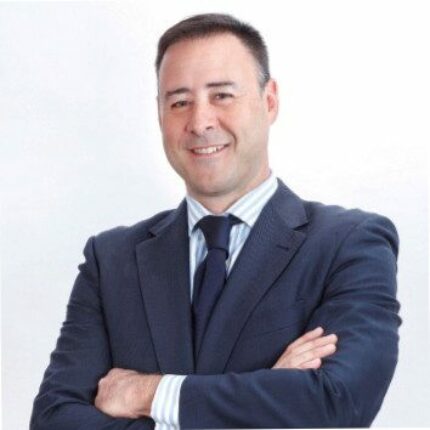
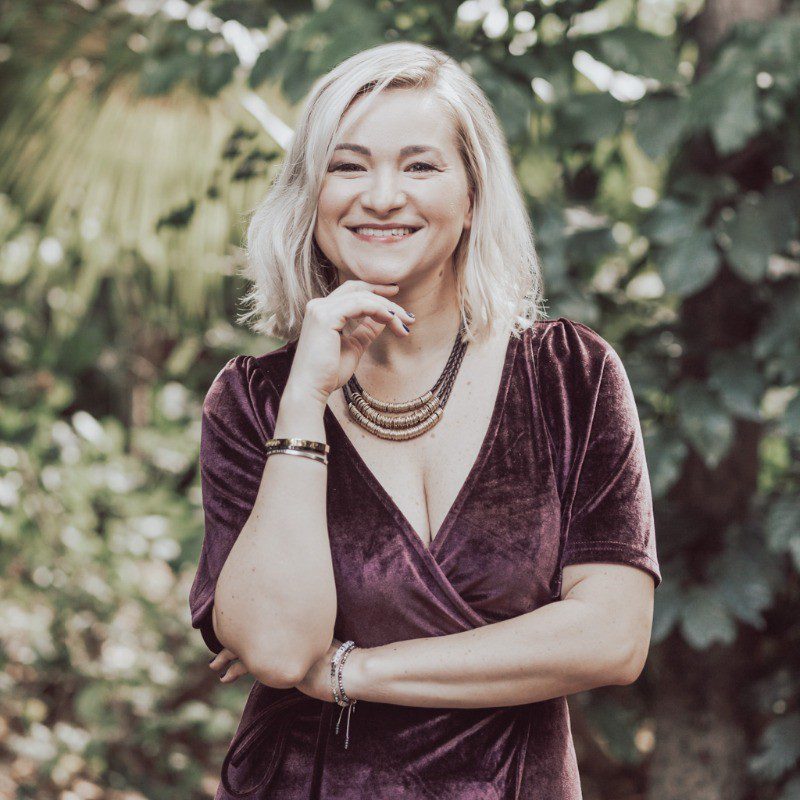
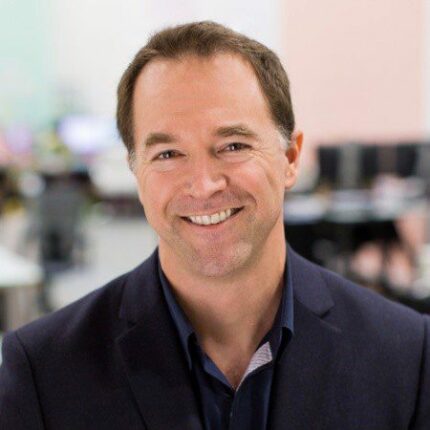
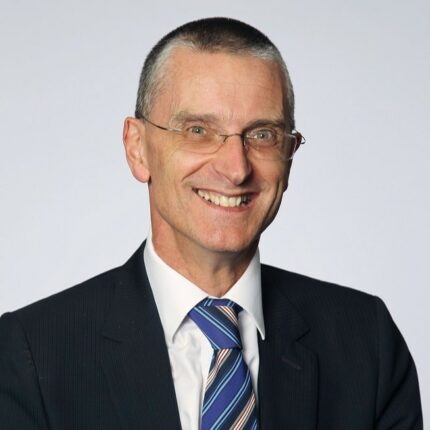
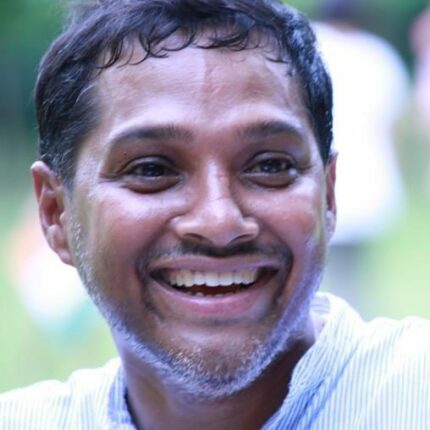
Arup comes from a family of philanthropists, his uncle having worked alongside Mahatma Gandhi, so it was no surprise to find him volunteering with Mother Teresa as a high school student in his native Calcutta. While he worked with “Mother”, as he calls her, his strength of character and resolve emerged, as he raised the idea of schooling children, in addition to feeding them. She actually resisted quite strongly before agreeing to let Arup set up a system to get children considered “low-caste” into local public schools, despite their “untouchable” status in India. From this initiative the Tomorrow’s Foundation emerged, an NGO committed to improving children’s welfare, and exists to this day, though at the outset Arup’s role was chiefly that of instigator and financier.
Read more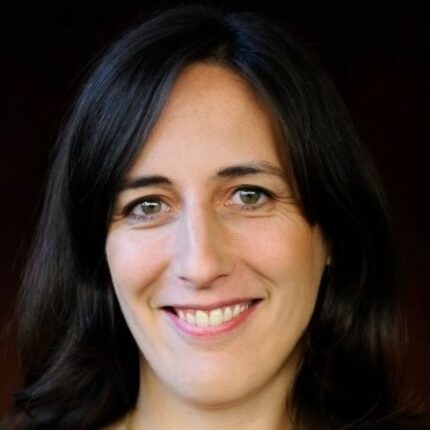
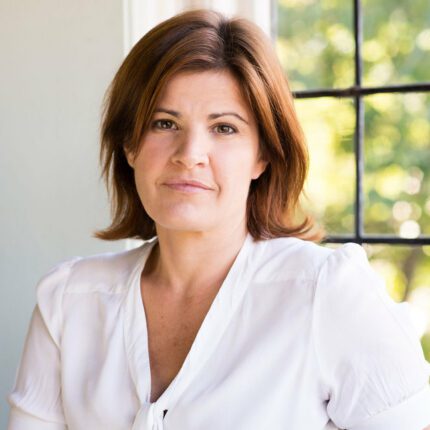

Yang has only been back in his native China since the spring of this year. He is still in the “honeymoon” period of his return, wide-eyed at the noisy market in his street, where he can “buy breakfast of any kind whenever he wants”, and disoriented in the perpetually changing mega-city that is Shanghai. Nothing indicated that Yang would have a taste for travel and exploration. His parents were both in the Chinese military and forbidden to travel abroad; thus it was surprising that he chose to study English at university – less so when one discovers that he simply chose the subject he found most difficult, as a special challenge to himself.
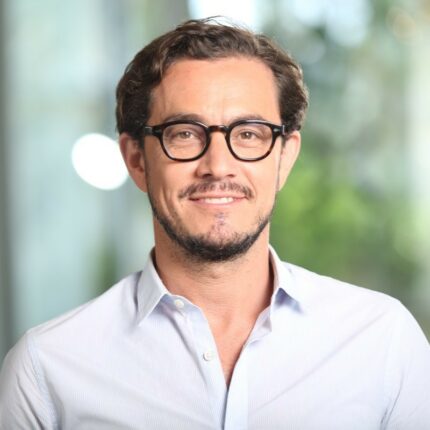
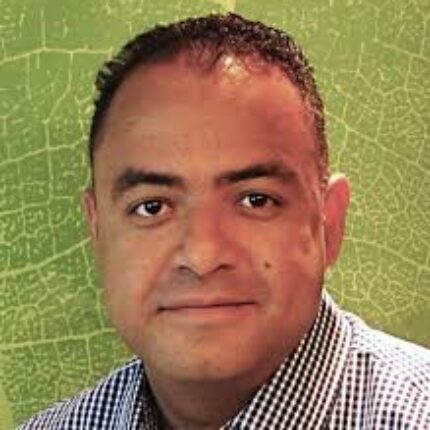
Born in the Dominican Republic, Ramon emigrated to the U.S. with his family when he was five years old. While starting at university, Ramon noticed that there were “not many brown or black faces” around him, and he started to question what kind of system could have brought this about. During the first week at his first job after graduation, fate struck to underline Ramon’s feelings. As the Twin Towers fell, he asked himself if he was truly doing what he should be doing – he had heard Steve Jobs’s legendary commencement speech earlier, and it had marked him. Ramon found makeshift ways over the next four to five years to contribute more, but the real shift occurred while at business school in Spain, where he met a group of like-minded people.
Read more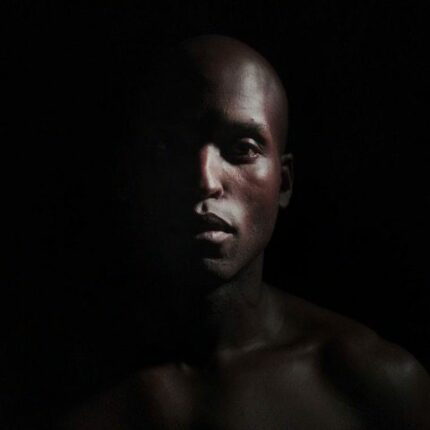
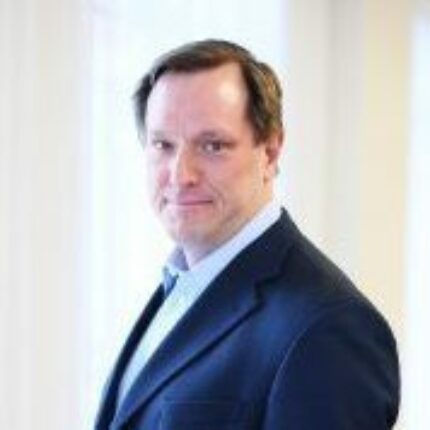
Graham, a British former general practitioner turned influential change guru in the UK’s health policy, fell into consulting by accident. Although he had done an MBA, he had done so in search of self-development and happiness. He had not looked with any seriousness at the possibility of becoming a strategy consultant as so many of his friends at INSEAD had. Graham spent a short period managing a team in a healthcare reform think tank in the U.S. during the Clinton administration, gaining early experience in significant research and paper-writing, after which he followed his wife to Boston, where she was to study and he wished to find work. What better employer than the Boston Consulting Group?
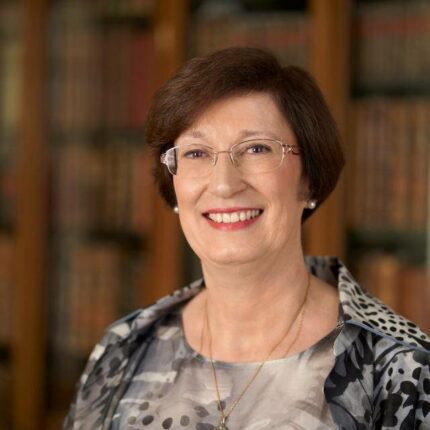
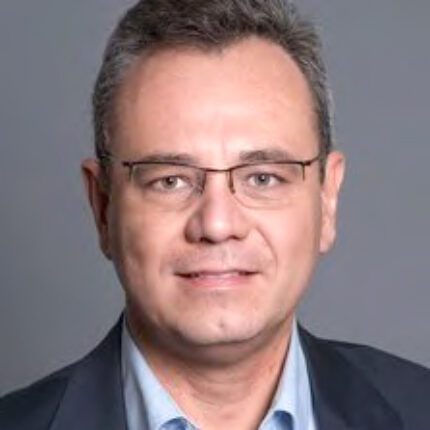
Sign up
Sign up to receive regular insightful news and advice on managing your career and receive a free gift. Inspiration delivered straight to your Inbox!
